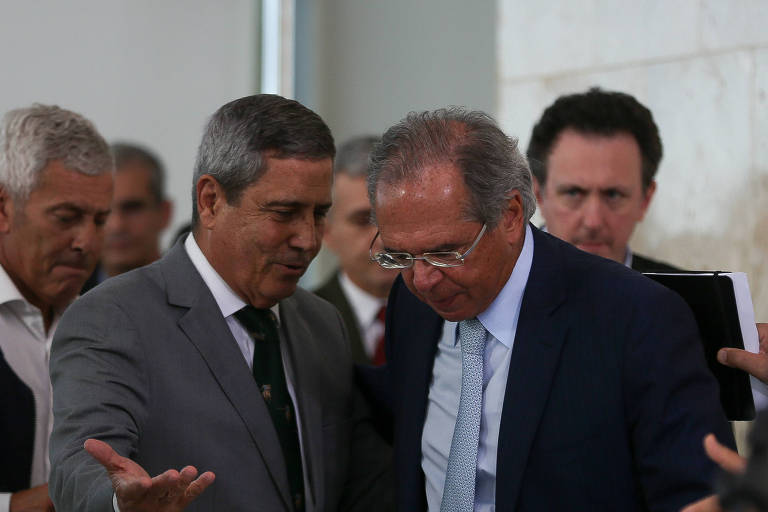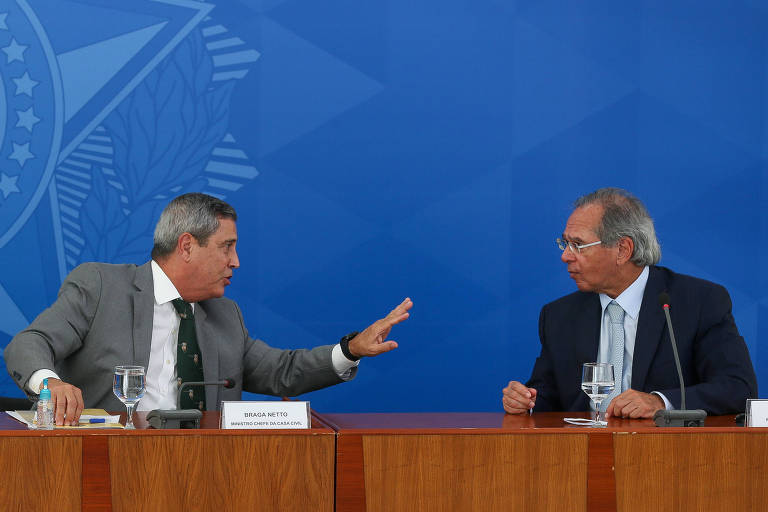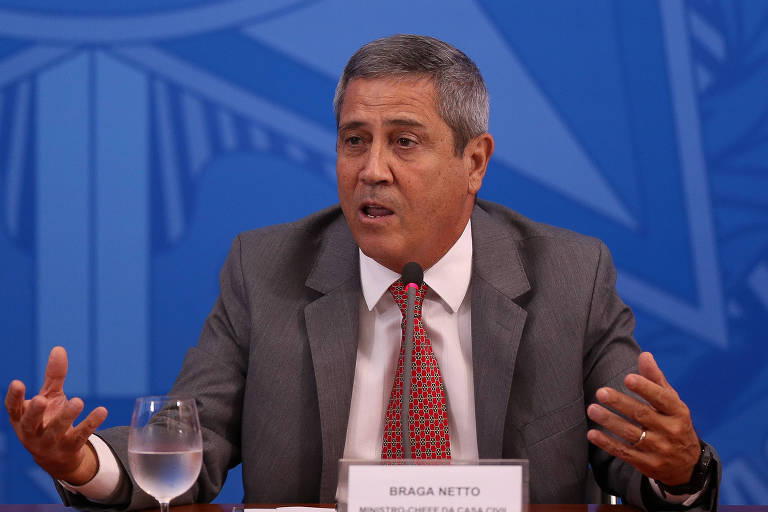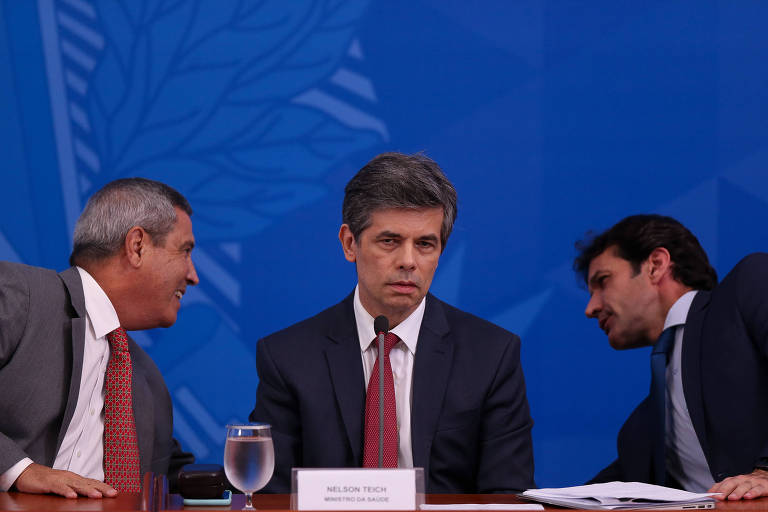Sob o signo de Tânatos
Jornal O ESTADO DE S.PAULO
Editorial, Sábado, 25 de Abril 2020
O governo de Jair Bolsonaro é conduzido sob o signo de Tânatos, o deus da morte na mitologia grega. Dedica-se desde sempre à destruição – primeiro, dos inimigos, reais e imaginários; depois, dos próprios aliados, inclusive ministros que lhe devotavam lealdade; e, afinal, a si mesmo, inviabilizando-se como presidente. É preciso interromper essa escalada antes que Bolsonaro destrua, por fim, o próprio País.
A trajetória da Presidência de Bolsonaro até aqui é impressionante. No início, constituiu um Ministério até razoável, capaz de fazer um bom trabalho em quase todas as áreas, e informou que estabeleceria uma nova forma de relação com o Congresso, sem o velho toma lá dá cá. Um ano e pouco depois, Bolsonaro fez de seu gabinete uma grande barafunda, em que ninguém se entende, e, no Congresso, depois de seguidas derrotas por se negar ao diálogo, resolveu entabular negociação com partidos e políticos envolvidos em escândalos de corrupção, oferecendo-lhes cargos em troca de votos.
Pior: em meio a uma pandemia devastadora, com milhares de doentes e mortos e com o sistema hospitalar público à beira do colapso, Bolsonaro preferiu desdenhar das vítimas e se mostrar mais preocupado com sua popularidade do que com a vida de seus governados.
Com esse espírito destruidor, trata como intocáveis ministros néscios que se dedicam dia e noite a encontrar comunistas embaixo da cama, enquanto inviabiliza o trabalho dos ministros e assessores que, ao contrário, prezam o cargo que ocupam e têm útil e valiosa colaboração a dar. Bolsonaro substituiu o ministro da Saúde porque este não aceitava desrespeitar as orientações da Organização Mundial da Saúde para enfrentar a pandemia de covid-19; desmoralizou sua equipe econômica ao resistir a fazer reformas e ao flertar com a irresponsabilidade fiscal; permitiu a fritura da ministra da Agricultura porque esta se queixou dos ataques bolsonaristas à China, principal cliente do agronegócio brasileiro; e agora tudo fez para provocar a saída do ministro da Justiça porque este se recusou a permitir que ele interferisse politicamente no comando da Polícia Federal (PF).
Para perplexidade dos brasileiros, Sérgio Moro, ao anunciar sua demissão do Ministério da Justiça, informou que Bolsonaro lhe disse que “queria ter (na chefia da PF) uma pessoa do contato pessoal dele, que ele pudesse colher informações, relatórios de inteligência”. Para ilustrar a gravidade do caso, Sérgio Moro, com uma pitada de ironia, deu o seguinte exemplo: “Imagine se, durante a Lava Jato, o presidente (Lula), a presidente Dilma ficassem ligando para a superintendência (da PF) em Curitiba para colher informações sobre as operações em andamento”.
Como resposta, o presidente, em pronunciamento espantosamente desconexo, fez várias acusações contra Sérgio Moro – inclusive a de que exigiu uma vaga no Supremo Tribunal Federal e a de que trabalha para vê-lo fora da Presidência – e também colocou em dúvida o trabalho da PF. Em sua glossolalia, contudo, foi incapaz de explicar a essência da denúncia de Moro, a de que tinha interesse em fazer da PF sua polícia particular.
Trata-se de comportamento intolerável, que pode dar as condições para a abertura de um processo de impeachment contra Bolsonaro – a Procuradoria-Geral da República já pediu ao Supremo a abertura de investigação sobre a acusação de Sérgio Moro.
Não se pode aceitar como natural que o presidente queira manipular a Polícia Federal, especialmente considerando-se que há investigações em andamento que interessam ao clã Bolsonaro. Se comprovadas as denúncias, o presidente pode ser acusado de crimes de responsabilidade, prevaricação e advocacia administrativa, entre outros.
As vozes responsáveis do País, inclusive de dentro do governo, têm a obrigação de manifestar seu total repúdio ao presidente Bolsonaro, deixando claro que os limites da lei e da decência há muito foram ultrapassados. “É hora de falar”, disse o ex-presidente Fernando Henrique Cardoso, resumindo a urgência. “O presidente está cavando sua fossa. Que renuncie antes de ser renunciado. Poupe-nos de, além do coronavírus, termos um longo processo de impeachment. Que assuma logo o vice para voltarmos ao foco: saúde e emprego. Menos instabilidade, mais ação pelo Brasil.”



